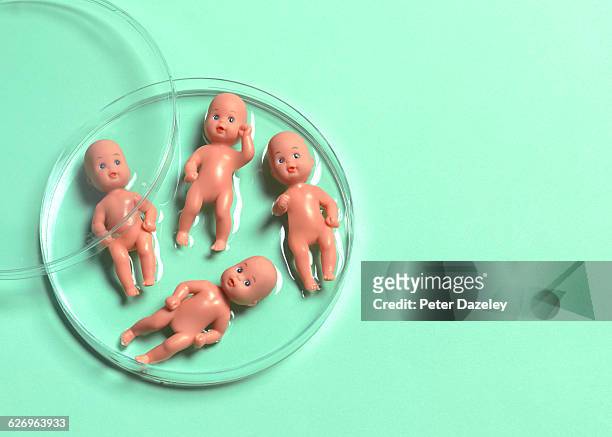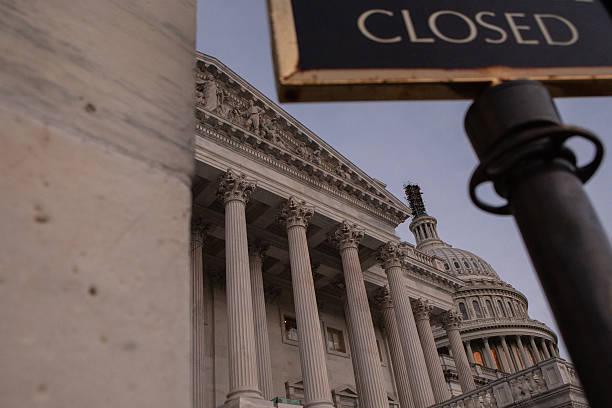IVF stands for in vitro fertilization and has been used as a way to conceive for nearly 50 years. On February 16th the Alabama court proposed a ruling that said unused embryos retrieved during IVF were abortions under the Alabama “Wrongful Death of a Minor Act.” The ruling states that embryos are human children, and the discarding of embryos not used in IVF is abortion. The clinic and patient can be charged with the wrongful death of a minor for embryo destruction.
IVF is the process of retrieving a woman’s eggs and fertilizing them with sperm outside of the womb then placing them back in hopes of conceiving. In this process, doctors will retrieve and fertilize many eggs but only implant one at a time, as the chances of conceiving immediately are not guaranteed, and there are risks associated with a multiple pregnancy. This also allows couples to have another child later without paying for a second egg retrieval. Most of the time not every embryo is used and is discarded, either because the patient doesn’t wish to get pregnant again or the embryos are not viable.
This ruling was brought to light when embryos were destroyed during three couples’ IVF treatment. The embryos were being stored at extreme temperatures to keep them alive but not developing. The couples allege that an unmonitored hospital patient wandered in and removed frozen embryos. Their hand was burned by the extreme cold, resulting in the embryos dropping and being destroyed. The couples brought their case to a lower supreme court on account of the Wrongful Death of a Minor Act. The cases however were thrown out. It wasn’t until they reached the Supreme Court that the ruling was made.
So far this ruling has only been agreed upon by Alabama and has not affected IVF treatments in other states. However, it has completely halted all IVF treatments in Alabama because doctors and patients fear criminal charges for the accidental or purposeful destruction of unused embryos. This includes egg retrievals, fertilization, and embryo transfers. Many couples are seeking to transport their embryos to another state to continue their process; this is yet to have been done because of concern over transfer companies facing charges, but couples are still hopeful.
















